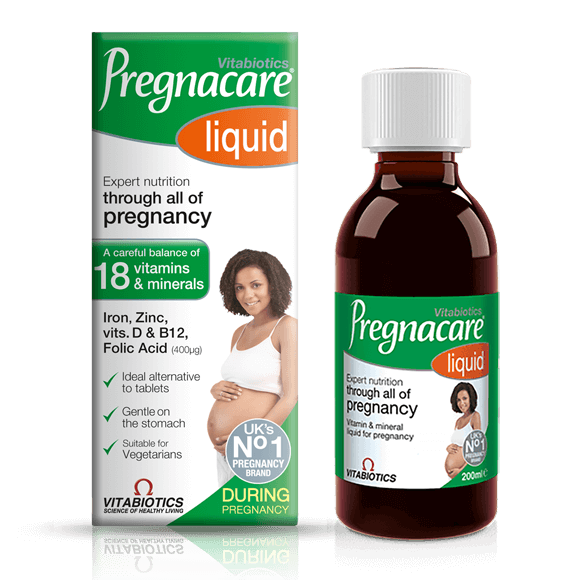In our latest post, we ask our Pregnacare midwife about what to expect during pregnancy
This on TalkMum month is Midwife Month, and we’re focussing on midwives, and the type of care you can expect throughout and after pregnancy and during childbirth.
If you've recently found out that you are expecting a baby, you might be wondering about what will happen during pregnancy. As a first-time mum-to-be, it's likely that you will have a lot of questions - how many appointments will you have, and when? What type of medical professional you will see to care for you and your baby? Even as a second-time mum, you will probably be wondering how your care will differ.
Here, we ask our in-house Pregnacare midwife about the care you can expect during pregnancy and the likely schedule of appointments, in our post on what to expect during pregnancy.
Firstly, How Often Will I See A Midwife During My Pregnancy?
The schedule of care and frequency of appointments you receive will vary depending upon whether you have had children before, have pre-existing medical or pregnancy conditions deeming you 'high-risk' or you are under the care from a specialist team, for example if you are expecting twins.
Who Will The Antenatal Appointments Be With?
Not all of your antenatal appointments have to be held with your midwife, on some occasions you can see your GP instead. We’ve outlined below a guide to the basic schedule of care and the appointments you will have as a first - and second - time mum.
This Is My Second Baby, What Can I Expect As A Second-Time Mum?
While you still see a midwife throughout your pregnancy with your second baby, first-time mothers-to-be have a few more appointments than women that have had babies before simply to provide them with the extra support they require.
So What Appointments Can I Expect During Pregnancy, When And Who With?
Pregnant? Here's what to expect from medical care and antenatal appointments. N.B. this list does not include the scans required at the different stages of pregnancy.
At 10-12 Weeks Pregnant You Will See Your Midwife
Why? Booking appointment. This is the initial meeting with your midwife, where your history (personal, social, mental, medical and obstetric) will be obtained enabling your midwife to set out your schedule care and make appropriate referrals. Checks at this appointment include blood tests, a blood pressure check and urine screen. You can self refer to a hospital of your choice for this appointment or see your GP as soon as you know that you are pregnant and they will refer you to the hospital instead, the hospital will then contact you with a booking date and time.
2 weeks After, You Will See Your Midwife - Why?
2 weeks or so after the initial meeting with your midwife they will meet with you again to provide you with the results of your urine and blood tests.
At 16 Weeks Pregnant, You Will See Your Midwife Or GP - Why?
Antenatal check on mother and baby.
At 25 Weeks Pregnant, You Will See Your Midwife Or GP (First-Time Mums Only) Why?
Antenatal check on mother and baby.
At 28 Weeks Pregnant, You Will See Your Midwife - Why?
Antenatal check on mother and baby. Blood tests: checking for antibodies and iron levels will be performed at this appointment. For those that have a rhesus negative blood group, they will receive an anti-D injection at this appointment. You will receive you results at the next appointment unless there are any concerns I'm sure your midwife will contact you sooner.
At 31 Weeks Pregnant, You Will See Your Midwife Or GP (First-Time Mums Only) - Why?
Antenatal check on mother and baby.
At 34 weeks pregnant, you will see your midwife - Why?
Antenatal check on mother and baby. Blood tests: checking for antibodies and iron levels will be performed again at this appointment. For those that have a rhesus negative blood group they may receive another anti-D injection at this appointment. You will receive your results at the next appointment unless there are any concerns I'm sure your midwife will contact you sooner.







Comments (0)